Counseling is an investment in your health and well-being; life satisfaction; relationships; and your future. It could be the vehicle through which you find peace, healing, relationship restoration, understanding and validation. Joshua Tree is a private-pay counseling practice which means we do not accept insurance. We know that many couples and individuals prefer to use their health insurance benefits so we offer superbills that you can submit on your own to request reimbursement as part of your out-of-network benefits.
Counseling Fees
How Much Does Counseling Cost?
PRIAVTE PAY. This option means you are responsible for the entire fee for each counseling or coaching session. It is based on an hourly rate determined by the practice. There are several benefits to this option (see below). A super-bill is available upon request for clients receiving psychotherapy (not pastoral counseling or coaching). Good Faith Estimates are provided when receiving psychotherapy. Fees are collected via credit card or advanced payment of check if third party. Third party payments (churches or family members) are permitted if arranged in advance with the practice manager. is
SUPERBILLS. Joshua Tree Counseling does NOT accept health insurance. However, if you have mental health benefits as part of your health insurance you can submit a super-bill which you can submit to your insurance company for reimbursement for all or part of the fee as an out-of-network benefit*. Superbills are only provided by licensed counselors, not pastoral counselors or coaches.
- Accepting New Clients
- Waitlist
- Check for the symbol below:
- Shari Kirschner, Licensed
- Kristen Kaveloh, Licensed
- Natalie Bowman, Licensed
- Mary McGuire, Licensed
- Josette Kehl, Licensed
- Nando Schlecht, Licensed
- Dana Denney, Licensed
- Lauren Marks, Licensed
- Vanessa Tarbill, Licensed
- Becca Harowitz, Intern
- Elena Flores, Licensed
- Dr. Chet Weld, Licensed
- Tammy Furrier, Pastoral
- Rachel Lohrman, Licensed
- Stacy Roden, Licensed
Benefits of Private Pay
Utilizing the private-pay option for counseling puts you in control of your counseling in a few different ways:
- Choice – you are able to choose your therapist rather than selecting off a list from your insurance.
- Privacy – your information is not being sent to an insurance company to authorize treatment/monitor progress which means no one knows you are receiving counseling unless you disclose this information.
- Freedom – health insurance requires a diagnosis to authorize treatment; this is not the case when you private-pay which means you and your therapist have the option to not label your struggle with a diagnosis unless this is a benefit to you.
Superbills
A superbill is an itemized statement of fees and services that you may submit to your insurance company for reimbursement as an out-of-network provider. Essentially, you pay us at the time of service then try to receive a direct reimbursement from your insurance – it essentially cuts Joshua Tree out as the middle man. This is how it works:
- Pay your counseling fees, due at each session.
- Joshua Tree will provide you with a signed, monthly statement of your paid fees, service codes, and primary diagnosis.
- You will submit the superbill to your insurance requesting reimbursement for services with an out-of-network provider. If approved, they will reimburse you directly or the fee may count towards your deductible.
Please note: We cannot guarantee that your health insurance company will accept your request to pay based on a superbill since they each have different criteria that must be met. Regardless, fees are due at the time of your appointment.
Good Faith Estimates
If you do not utilize you insurance to cover the cost of counseling by a licensed clinician, you are entitled to receive a Good Faith Estimate of what the charges could be for psychotherapy services provided to you, according to the No Surprises Act.
A Good Faith Estimate shows the costs of items and services that are reasonably expected for your health care needs for an item or service. This estimate is not a contract and does not obligate you to obtain any services from the provider(s) listed, nor does it include any services rendered to you that are not identified here. Your total cost of services will depend upon the number of psychotherapy sessions you attend, your individual circumstances, and the type and amount of services that are provided to you.
The estimate is based on information known at the time the estimate was created. The Good Faith Estimate does not include any unknown or unexpected costs that may arise during treatment. There may be additional items or services your therapist may recommend as part of your care that must be scheduled or requested separately and are not reflected in this Good Faith Estimate.
You could be charged more if complications or special circumstances occur. If this happens, federal law allows you to dispute (appeal) the bill. You have the right to initiate a dispute resolution process if the actual amount charged to you substantially exceeds the estimated charges stated in your Good Faith Estimate (which means $400 or more beyond the estimated charges). You may contact the health care provider or facility listed to let them know the billed charges are higher than the Good Faith Estimate. You can ask them to update the bill to match the Good Faith Estimate, ask to negotiate the bill, or ask if there is financial assistance available. You may also start a dispute resolution process with the U.S. Department of Health and Human Services (HHS). If you choose to use the dispute resolution process, you must start the dispute process within 120 calendar days (about 4 months) of the date on the original bill. There is a $25 fee to use the dispute process. If the agency reviewing your dispute agrees with you, you will have to pay the price on this Good Faith Estimate. If the agency disagrees with you and agrees with the health care provider or facility, you will have to pay the higher amount.
For questions or more information about your right to a Good Faith Estimate or the dispute resolution process, click here or call 1- 800-985-3059. The initiation of the patient-provider dispute resolution process will not adversely affect the quality of the services furnished to you.
The Good Faith Estimate is not intended to serve as a recommendation for treatment or a prediction that you may need to attend a specified number of psychotherapy visits. Joshua Tree provides you with an initial Good Faith Estimate when you schedule your intake appointment (or as soon as you provide your demographic information). A subsequent estimate will be provided by the second session after the needs and frequency of services required have been discussed with you. The number of visits that are appropriate in your case, and the estimated cost for those services depends on your needs and what you agree to in consultation with your therapist. You are entitled to disagree with any recommendations made to you concerning your treatment and you may discontinue treatment at any time. You are encouraged to speak with your provider at any time about any questions you may have regarding your treatment plan, or the information provided to you in the Good Faith Estimate.


